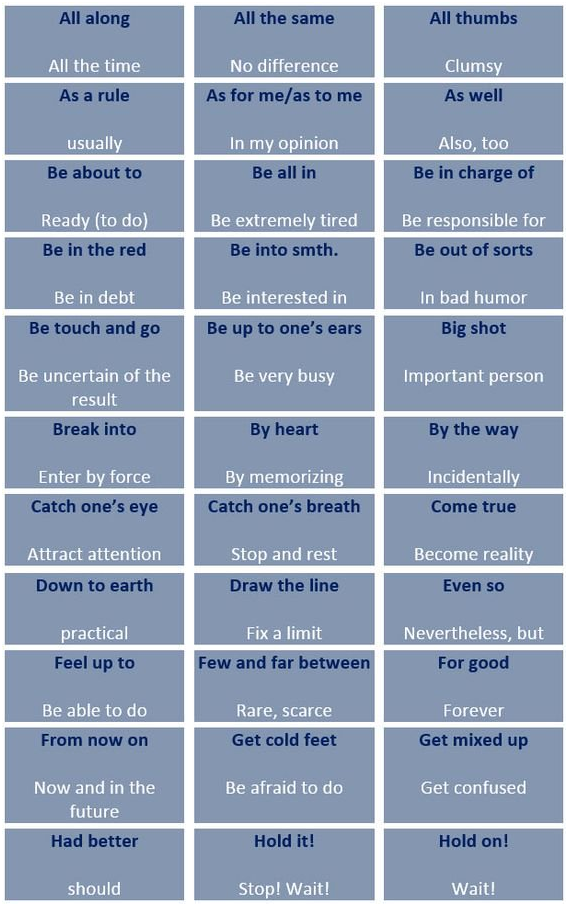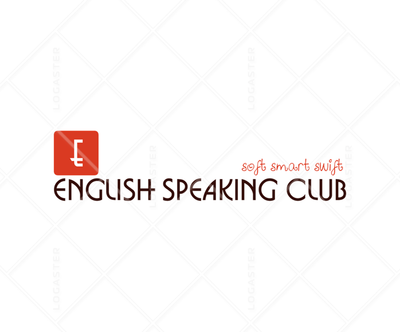Lesson #4

1. How Do They Speak - that is how to sound like them - the "natives"?
Learn it & Use it, Please - and you'll be pleased!
2. Speaking Feelings with Interjections
We all are expressing somehow our feelings - it makes us sound human - not like Sofia (that is - not robot-like!)
3. Nicolas Cole - "This One Web-Site Single-Handedly Shaped my Writing Career" - this article was said to be one of the best for now - read it all, then read it again - underline unknown words - read it all again - write down one or two sentences from every paragraph - retell aloud the WHOLE text. Do you want to speak, or you'll stay mute, uh?
I studied creative writing at Columbia College Chicago, and one of my teachers senior year (a successful author himself) said, “Writers are behind. Writers don’t know how to use social media and digital mediums in order to promote themselves and their work. But the writers that can figure this out are the ones that will succeed.”
His saying that stuck with me immediately.
Why?
Because he was basically saying…
“There is an open lane for you. Go figure it out.”
So, I turned to Quora.
And since my beginning on Quora (started January, 2015), here is what has manifested as a result of my writing on Quora:
- I have acquired over 20 million views.
- One of my answers was published in Quora’s 2014 print anthology (a noteworthy feat for publishers when it came time to pitch my book).
- Dozens of my answers have been republished in TIME, Forbes, Fortune, Inc Magazine, The Huffington Post, Popsugar, Observer, and Business Insider. (As a writer, I can now say “I have been published in TIME, Forbes, etc…)
- I have sold eBooks in over 30 different countries, the majority of my website traffic and readers coming from Quora.
- I have received hundreds of personal emails and messages from people thanking me for writing here on Quora and/or sharing their experiences.
- My clout on Quora as a “Top Writer” has given me the ability to connect and talk to other successful individuals/writers, as well as thought leaders in various fields.
- I have appeared on massive industry podcasts, including Entrepreneur On Fire.
- I have launched my own ghostwriting + influence agency called Digital Press, of which I am my own case study.
I guess you could say, by definition, Quora gave me all the credentials to, at the ripe young age of 25, call myself a “successful writer.”
But are numbers all that matters?
Does any of the above really mean anything when it comes to becoming a BETTER writer?
Honestly, not really.
They VALIDATE you as a writer, but credentials aren’t what make you a better writer.
PRACTICE is what makes you a better writer.
So, how has Quora made me a BETTER writer?
In the past year I have written (at the time of writing this) over 300 answers.
That’s 300 times I sat down at the computer and didn’t give up on my writing. That’s 300 moments where I spoke my mind, shared an idea, and expressed myself. That’s 300 opportunities to get better. That’s 300 real, tangible, proven efforts that 300 times I sat down to practice being a better writer.
…and the great thing about Quora is, all that practice wasn’t kept in a notebook on my desk, hidden from the world. Those hours did the hard work of promoting my name as a writer and getting my ideas in front of real people.
Writers forget that half the battle is in the distribution of their work. So if you can make your hours spent practicing build you an audience in the process, you’re killing two birds with one stone.
And sure — if I go back and look at some of my earliest Quora answers, I cringe a bit.
I see the mistakes I made, or how my writing style has grown since then.
It’s as if I can hear a younger version of myself (we change a lot in a year, don’t we?) practicing the craft.
This fear of seeing yourself in a rougher form is what often times discourages even the best artists, never content with putting something “rough” out into the world.
I see it differently.
I think looking back at your earlier work is the coolest part about being an artist, a writer. You (and everyone else) can see where you started. You are brought back down to earth and reminded that you have improved (don’t worry!).
And aspiring writers are given a behind-the-scenes look into your process, and are reminded themselves that nobody starts out “perfect.”
Quora is nothing more than a public practice arena.
Sure, we as writers share important thoughts in our online articles.
We share valuable information, and even pieces that leave an impact. In fact, I think as a self-development or nonfiction writer of sorts, Quora is one of the best places to practice your craft, period. You are constantly reading and writing in your personal voice, and you can get instant feedback on your work. We aren’t writing novels here. We are using our voices — and as long as we use them with intention, we might as well call it Practice.
So, can Quora help you become a better writer? Yes.
But not by just sitting there reading what other people post.
Only by writing.
Get to writing."
OK, what for we learned the Wh-questions? They are rather good, if you know how and believe in yourself.
So, the algorithm will be a little bit changed: Read the text by paragraphs - then ask 4 or 5 Wh-questions to each one - answer them all - reread if you need it - retell the paragraph - 2 or 3 paragraphs together - and the whole text! You've won! Congratulations!




